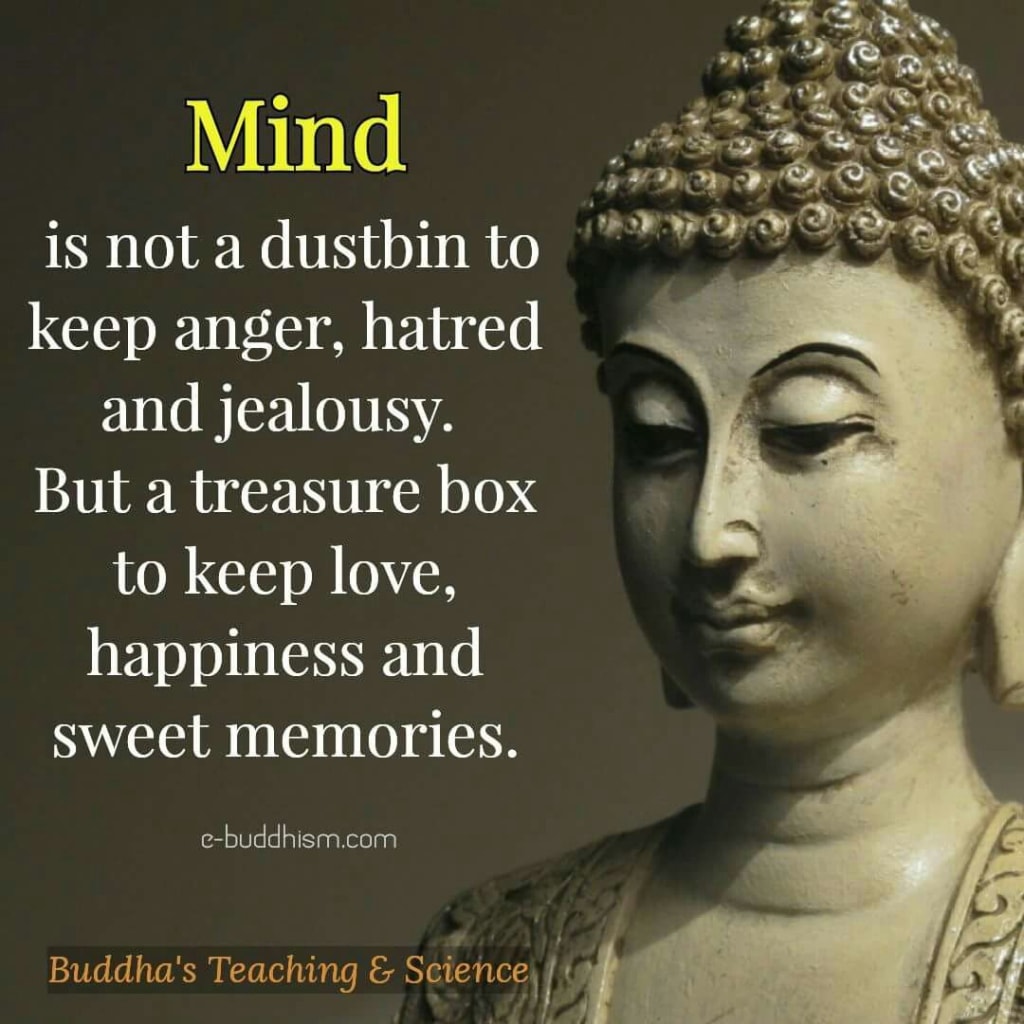Strategies for Effective Anger Control
Mindful Healing

Introduction:
In the intricate dance of human emotions, anger emerges as a formidable force, capable of triggering intense physiological reactions and disrupting the delicate balance of our mental well-being. The pursuit of anger management is not about eradicating external sources of frustration but about gaining mastery over our internal responses. This journey involves unravelling the complex interplay of emotional feelings and physiological arousal, ultimately leading to a harmonious coexistence with the inevitable provocations of life.
Understanding the Nature of Anger:
Anger, a primal emotion deeply rooted in our evolutionary history, serves as a natural response to perceived threats or injustices. However, in the contemporary landscape, the triggers for anger are diverse and often complex. The first step in effective anger management is cultivating a deep awareness of the multifaceted nature of this emotion.
The Emotional Landscape:
Anger manifests as a spectrum of emotional feelings, ranging from mild irritation to explosive rage. Exploring this emotional landscape is crucial in deciphering the underlying causes of anger. By recognizing the subtleties of irritation, frustration, and resentment, individuals can gain insights into the root triggers and develop targeted strategies for emotional regulation.
Physiological Arousal and the Fight-or-Flight Response:
Beyond the emotional realm, anger exerts a tangible impact on our physiological state, activating the body's fight-or-flight response. Understanding the physiological arousal associated with anger is pivotal in crafting effective management techniques. Delving into the intricate connection between the mind and body unveils pathways to regain control over heightened states of arousal.
The Illusion of Control: Acceptance as a Catalyst for Change:
Attempting to control external stimuli that provoke anger is a futile endeavor. The crux of effective anger management lies in embracing the concept of acceptance. While you may not alter external circumstances or change the behaviour of others, you possess the power to Mold your responses. Acceptance becomes a catalyst for change, paving the way for proactive strategies to navigate the tumultuous terrain of anger.
Developing Emotional Intelligence:
At the core of anger management is the cultivation of emotional intelligence. This involves honing the ability to recognize, comprehend, and regulate one's own emotions while empathetically navigating the emotions of others. By enhancing emotional intelligence, individuals fortify their resilience against anger's corrosive effects and foster healthier interpersonal relationships.
The Role of Cognitive Restructuring:
An essential aspect of anger management is cognitive restructuring—a process that involves challenging and transforming negative thought patterns. By reframing perceptions and adopting a more balanced mindset, individuals can defuse the intensity of anger and develop a resilient mental outlook. Cognitive restructuring empowers individuals to break free from the cycle of reactionary responses and forge a path toward constructive engagement.
Mindfulness and Meditation as Anchors:
In the chaotic storm of anger, mindfulness emerges as a stabilizing force. Incorporating mindfulness and meditation practices into daily life provides individuals with tools to anchor themselves in the present moment. These practices not only enhance self-awareness but also foster a calm and centered demeanor, acting as powerful antidotes to impulsive anger reactions.
Communication Strategies for Diffusing Anger:
Effective communication is a cornerstone of successful anger management. Learning to express emotions assertively, while actively listening to others, creates a conducive environment for conflict resolution. This section explores communication strategies, including "I" statements, active listening, and non-verbal cues, as powerful tools to defuse anger and promote understanding.
Healthy Outlets for Emotional Expression:
Suppressing anger is as detrimental as unchecked outbursts. Healthy outlets for emotional expression provide a constructive release for pent-up feelings. From physical activities like exercise to creative pursuits such as art and writing, discovering personalized outlets allows individuals to channel anger into productive avenues, fostering emotional balance.
Building a Support System:
Navigating the journey of anger management is not a solitary endeavor. Building a robust support system, encompassing friends, family, or professional guidance, offers a network of encouragement and understanding. This section explores the importance of seeking support, whether through therapy, support groups, or trusted confidants, as an integral component of the anger management process.
Practical Techniques for Immediate Relief:
In moments of acute anger, having a repertoire of practical techniques for immediate relief is invaluable. This segment outlines quick and effective strategies, such as deep breathing exercises, progressive muscle relaxation, and visualization, that can swiftly alleviate the intense physiological arousal associated with anger.
The Long-Term Roadmap: Sustaining Change:
Anger management is not a one-time endeavor but a lifelong journey of self-discovery and growth. Sustaining positive change requires ongoing commitment and the integration of learned strategies into daily life. This final section provides a roadmap for long-term success, emphasizing the importance of self-reflection, continuous learning, and adapting to the evolving dynamics of personal and interpersonal relationships.
Conclusion:
Mastering the flames within, as encapsulated in the realm of anger management, is a transformative journey that unfolds through self-awareness, acceptance, and proactive strategies. By unraveling the intricate tapestry of emotional and physiological responses, individuals pave the way for a harmonious coexistence with the inevitable provocations of life. Through the cultivation of emotional intelligence, cognitive restructuring, mindfulness practices, and effective communication, the pursuit of anger management becomes a powerful catalyst for personal growth, resilience, and enriched interpersonal connections.






Comments
There are no comments for this story
Be the first to respond and start the conversation.